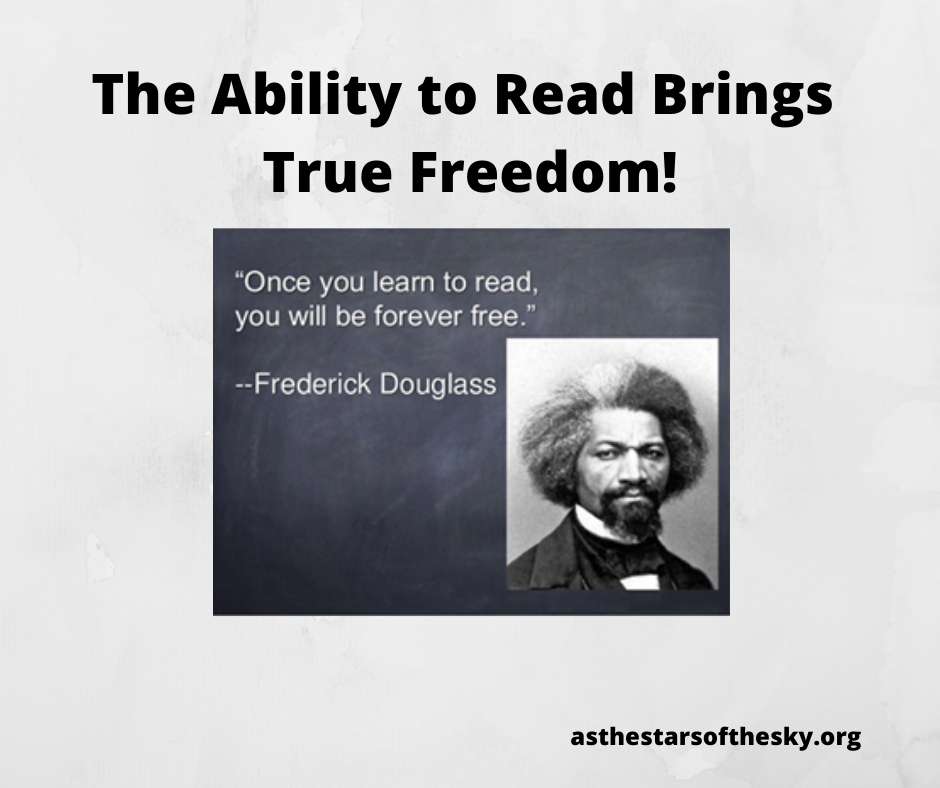Biographies are very beneficial for children, and I would like to encourage parents to search out those types of books. Why encourage your children to read biographies? Here are five critical reasons:
1. They are stories about real people doing real things. These people often faced, and many of them overcame, great challenges. This will help children to persevere when they too have obstacles in their paths.
2. Children find inspiration. My oldest son enjoyed playing sports and to encourage him to read more, I helped him to select biographies of famous athletes. Playing sports takes a lot of discipline, and by reading about the lives of athletes, he was able to develop that important skill. He especially loved playing basketball and was eventually selected to play on a Division 1 college team – a dream come true!
3. Children learn about history through important people who actually lived at the time. In addition to having children learn facts about certain historical periods, biographies bring those historical periods to life and often help children to remember those facts.
4. Biographies provide important life lessons. Children can learn from those life lessons without having to go through them themselves.
5. There are a variety of biographies, and your children can select the subject matter of the ones they would like to read. As I mentioned, my oldest son loved sports and read many biographies about sports figures. If your child has a musical gift, select biographies of famous musicians and composers. If your child enjoys art, select biographies about artists. The list is never-ending.




